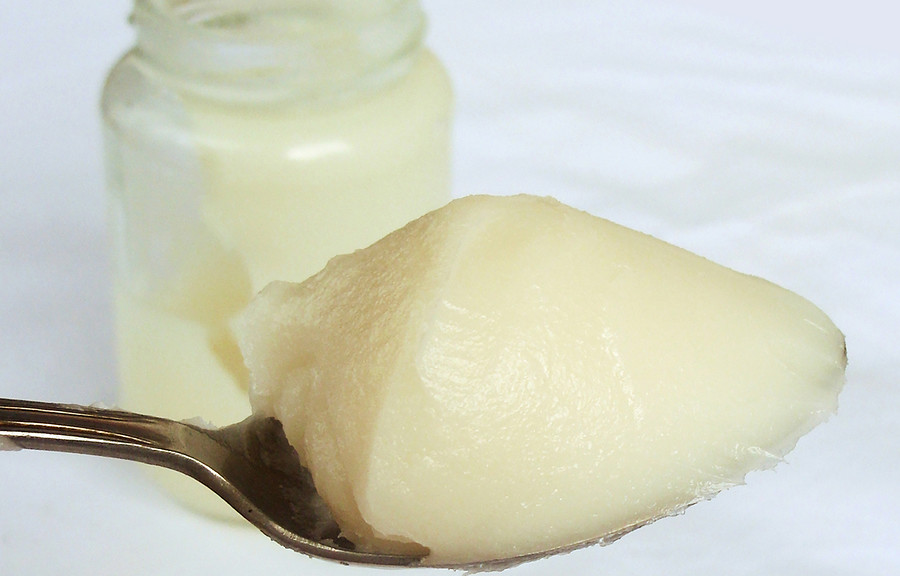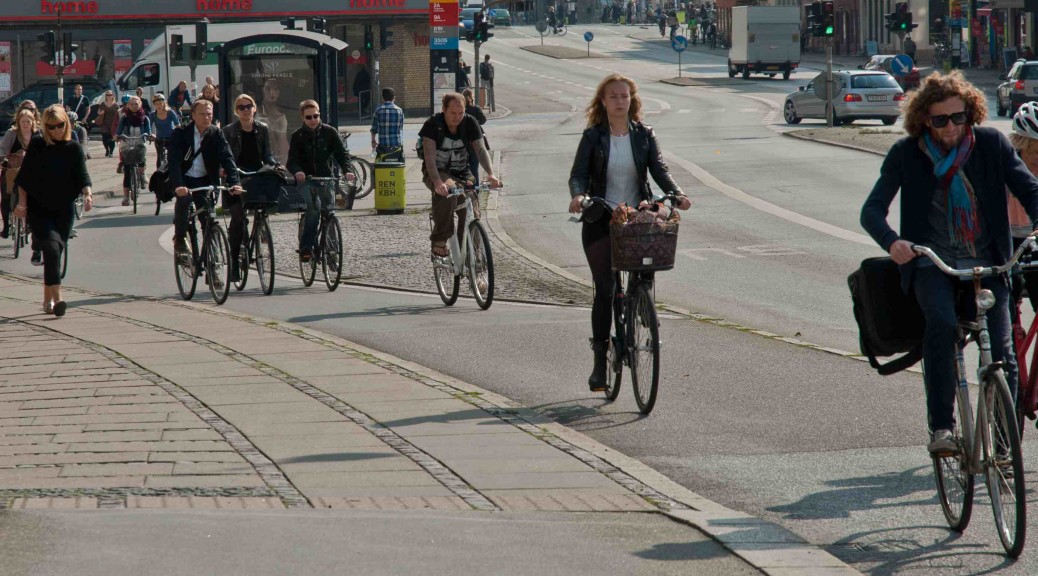When I meet other health/fitness/nutrition minded folk and mention that I follow a mostly Primal/Paleo lifestyle, a lot of the following discussion centres around defending my decision to limit grains in my diet, or how much meat I eat. What usually doesn’t come up, or isn’t focused on much, is the restriction or even elimination of industrial seed oils such as soybean, corn, cottonseed, and canola oil in favour of healthy animal fats, coconut oil, olive oil, oily fish, and small amounts of nuts. This, however, is one big freaking deal! Industrial seed oils are cheap and highly prevalent, and unless you’re paying attention, you’re getting more of those fats than you think. Continue reading Good Fats and Bad Fats: Fatty Acids Revealed
Category Archives: Health
Quality over Quantity
Recently I turned 30, so I spent some time pondering on what that means. In some ways, it means very little. Age is just a number and being 29 years, 364 days is essentially the same thing as being 30.
I also know that at 30, I’m not that old yet. There are many happy, healthy, productive years ahead of me. Some might say my best years are ahead of me. On the flip side, I’m not that young anymore either. It occurred to me that at age 30, I now have a sense for how much time in my existence I have left. As a child, when school was out for the summer, the freedom of the season seemed like an eternity. Of course, it always came to an end (summer’s over already?), and then the new school year would seem so vast and overwhelmingly long that I wouldn’t even consider plans beyond it. Beyond the month even.
Not so anymore. Continue reading Quality over Quantity
Benefits of Active Transportation – Cycling
The transportation options available to you will likely vary, depending on where you choose to live. Someone living in a rural or suburban area may be limited to driving, whereas those that live in more dense, urban areas usually have an array of options – driving, yes, but also walking, cycling, and public transportation. This article will focus on the benefits of increasing ‘active transportation’ options– specifically cycling, as they relate to city planning issues in urban centres.
Continue reading Benefits of Active Transportation – Cycling
Sleep Series – Part 7: 7 Nutritional Strategies for Better Sleep
Our focus on cortisol started with Sleep Series Part 4 which laid out the science of what cortisol is, its cycle, and how it affects sleep. In the following post, we looked at a few reasons why evening cortisol might be high. The last post presented methods for lowering evening cortisol levels such as finding ways to laugh, meditation, progressive muscle relaxation, listening to or playing music, getting a massage, and easy exercise outdoors. With lower evening cortisol levels, high-quality sleep is easier to come by. So if your sleep is suffering and you feel as though stress might be to blame, you could try these practices and see if your situation improves.
Continue reading Sleep Series – Part 7: 7 Nutritional Strategies for Better Sleep
Sleep Series – Part 6: 6 Ways to Relax and Reduce Evening Cortisol
The last post in the Sleep Series focused on several common reasons why cortisol, which should be low in the evening before sleep, can be high and decrease the quality of your sleep. Well, now we know that a sleep deficit, ruminating negative thoughts, a noisy environment, prolonged intense exercise in the evening, caffeine, and chronic undereating can all lead to elevated evening cortisol.
These causes of elevated evening cortisol are not always avoidable, but we still want to sleep well, so what can we do? Continue reading Sleep Series – Part 6: 6 Ways to Relax and Reduce Evening Cortisol
Bring the Intensity
Why We Exercise
Exercise is healthy. At this point, I don’t really need to defend that particular notion. It just feels good and right to move around and use these magnificent tools we’ve been given; our bodies. When we avoid movement for too long, our muscles, bones, and connective tissue atrophy, and we are not able to accomplish as much with our bodies as before. Even worse – bodies that are never challenged don’t get particularly fit and strong in the first place.





